Wednesday Season 2 is an uninspired pursuit of virality
Wednesday's second season falls victim to Netflix's storytelling formulas
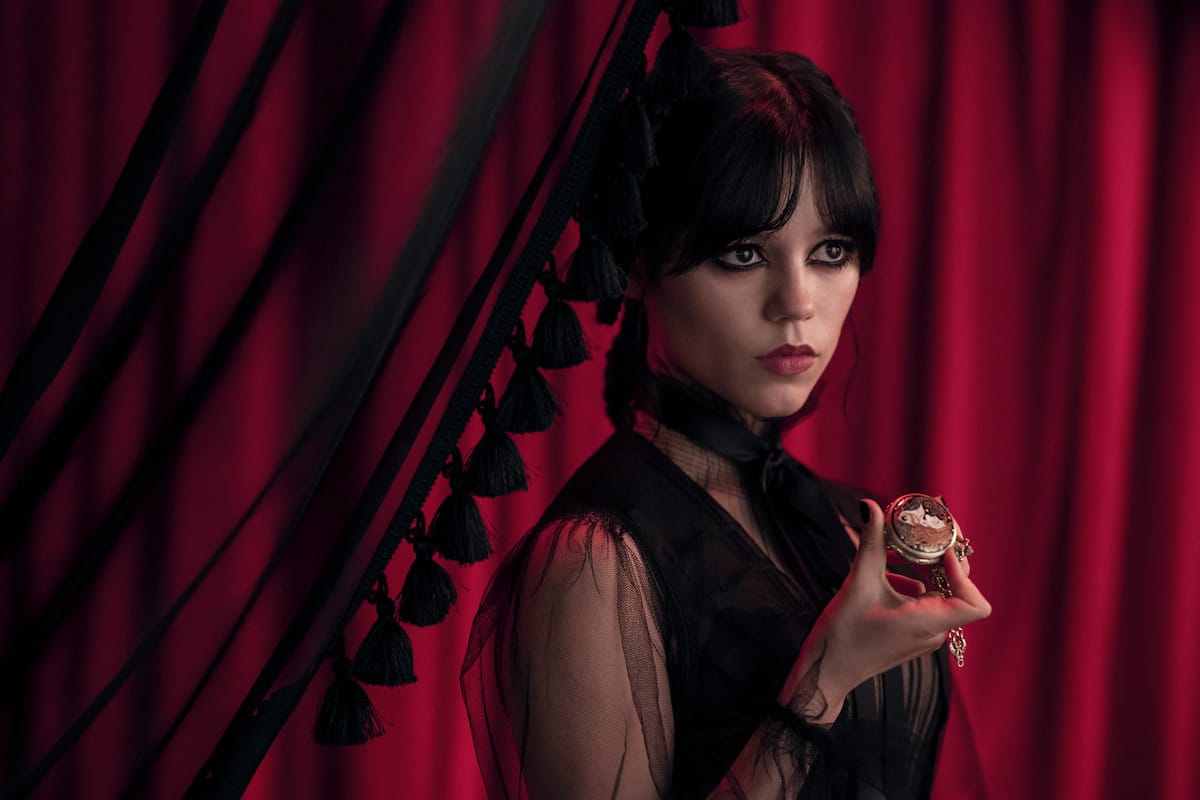
This is a spoiler-free review of Wednesday (Season Two, Part Two). If you missed the review of Part One, you can read it here.
Viral moments have become a cultural currency that has seeped into media beyond our smartphone screens.
Back in 2022, it was practically impossible to open a social media app without being bombarded by covers of Wednesday Addams's dance from the season one school prom. The eccentric choreography, improvised by Jenna Ortega to "Goo Goo Muck" by The Cramps, became an inescapable viral trend whose moves were eventually adapted to Lady Gaga's "Bloody Mary". The reception of this mesmerising scene set a high bar for Wednesday's subsequent season, so it's only natural to suspect that the show's second season would have another go at replicating this success.
In season two's concluding episodes, Wednesday continues her mission of getting to the bottom of a threatening presence before it unleashes fatal repercussions. In my review of part one, my hope was to see the final four episodes pull together the season's initially convoluted storylines. And, even though part two can't be faulted in that aspect, it does so through a painfully formulaic approach that exemplifies this "second-screen" generation of media we're in.
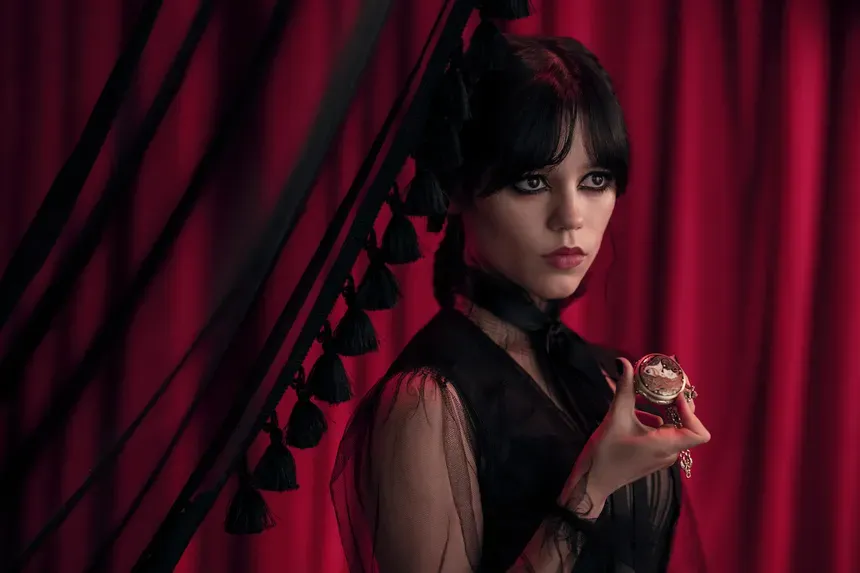
In a brutal analysis of Netflix's evolution from subscription-based DVD rental service to global streaming giant, Will Tavlin reveals that screenwriters are often given the note from executives to "have this character announce what they're doing so that viewers who have this programme on in the background can follow along." If that doesn't encapsulate the state of media streaming, nothing else will.
Wednesday's sophomore season reveals itself to be no more than a product catering towards audiences whose attention is split between a big screen and a small one. As Wednesday gets deeper into her investigation, her discoveries are not the mind-bending reveals that typically sustain the suspense of a mystery plot. Rather, the show's narrative is propelled by supporting characters who conveniently present Wednesday with exposition as and when she needs it, leaning on predictable twists and tactics recognisable from the first season. The trails of information Wednesday receives is unashamedly forthright yet also comes from left field in a way that's unsatisfying and perplexing.
However, it's not just the dialogue's writing that seems to be inspired by narrative convenience (or deus ex machina, as we literature students would say). This convenience also steers the casting, which makes for contrived appearances — and reappearances — of characters. Lady Gaga's cameo is presumably motivated by her song's association with the first season's viral popularity, but her character's part only holds water when viewed through fan speculations about the potential for her role to evolve in season three. Not to mention, a new song from Gaga, "The Dead Dance", that accompanies a choreographed scene in the season finale, engineered as an attempt to recreate the ingredients for another viral sensation.
Despite the second season falling into these mimetic traps, there are occasional sparks that keep the inventive spirit of Wednesday alive. Episode six is a particular standout in its attention-grabbing change in tone, which shakes up the show's otherwise unvarying energy. The episode brings to the fore Wednesday's friendship with her roommate Enid (Emma Myers) and, in doing so, restores the centrality of their quirky dynamic while also allowing Ortega and Myers to show off some more of their acting chops.
There are a couple of fun reveals as the season draws to an end, but none that can truly make up for its overall lacklustre standard. As the season progresses, the production gradually slips up in its technicalities. One instance is in the blatantly clumsy editing of fast-paced dialogue scenes, which is so dumbfounding for a production of this scale that I found myself rewinding to make sure my eyes weren't playing tricks.
Wednesday stays true to its representation of the peculiar girls who have a penchant for the off-putting. Its dark academic aesthetic and spooky atmosphere create an irresistible world, which is, for me at least, a comfort to return to as an encouragement to be more fearless in tapping into an inner weirdness. But although the show lives up to its worldbuilding, it ultimately proves itself to be another streaming product exemplifying the rinse-and-repeat methodology: If it worked once, just do it again.
The regression of Wednesday's narrative is less a frustration with the show itself and more a disappointment in the standard of storytelling in the age of streaming. Wednesday is further evidence that Netflix is not in the business of producing quality on-screen stories. Instead, it's in the business of creating cookie-cutter content (and I use that word intentionally in this context), to keep audiences tuned in. Because, as Tavlin expresses in his article, "Netflix doesn't just survive when no one is watching — it thrives."
The Kulturalist publishes reviews and essays to help you know what movies and shows to look out for, decide what to watch, and maybe decide what not to watch...
If you want to read more, subscribe for free so you never miss a post!

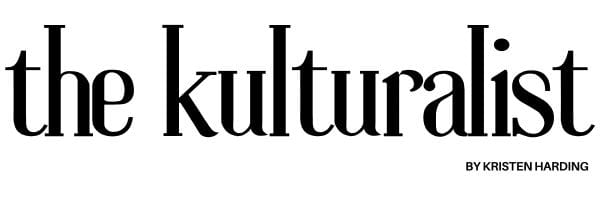
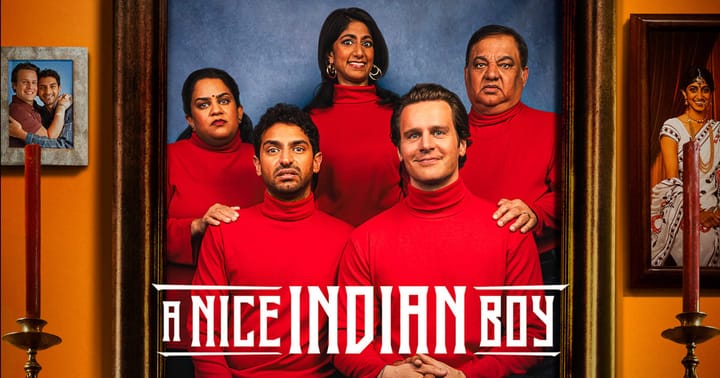
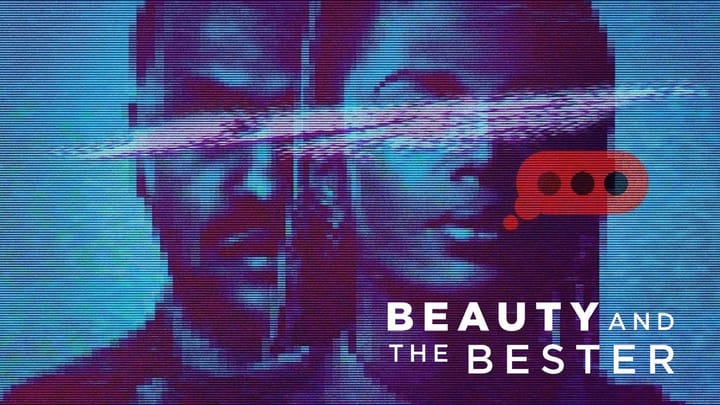
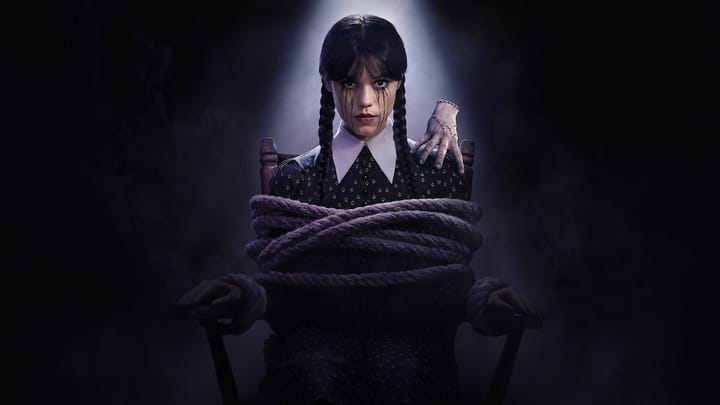
Comments ()